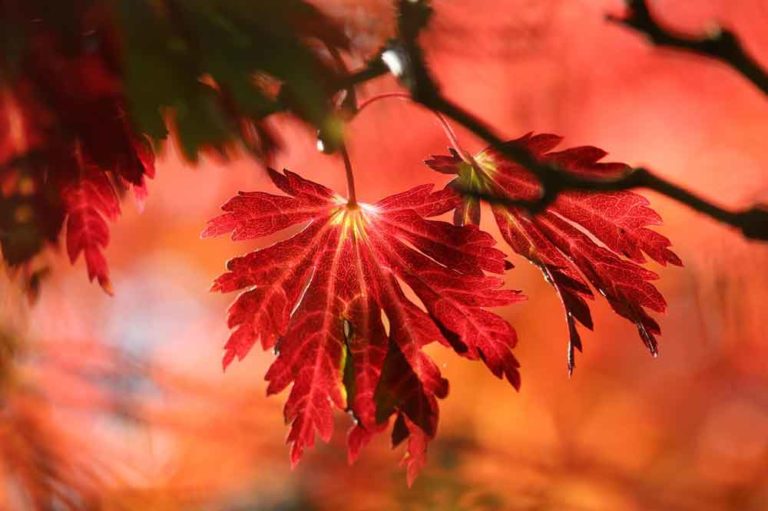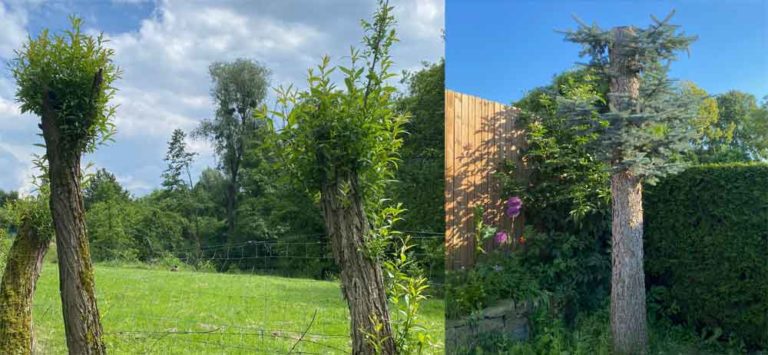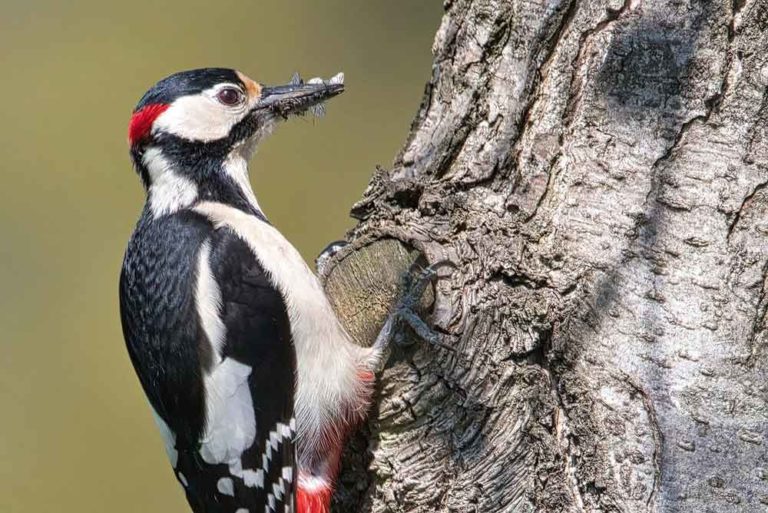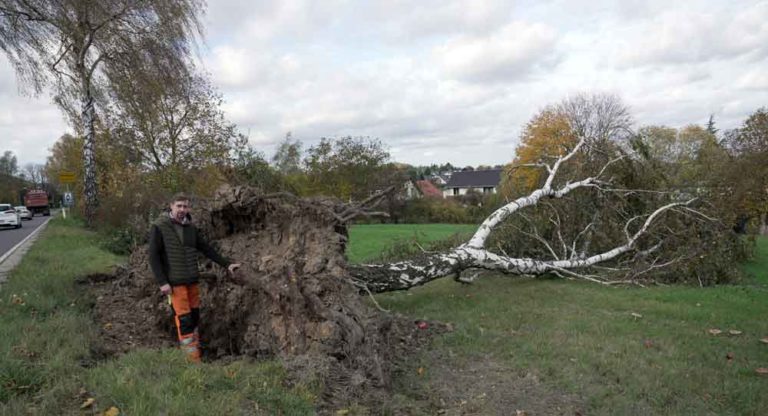
Heavy rain: Which plants to choose?
![]()
Von

The images of the catastrophic floods near the Ahr and Erft rivers have also unsettled and alarmed customers and friends who were not themselves affected by the immediate consequences. As a result of climate change, such heavy rainfall events can threaten almost any region – with catastrophic consequences if we do nothing.
I remember 2004 very well, when the southern English fishing village of Boscastle in Cornwall was hit by a similar disaster, also after torrential rain. A flood wave up to four meters high had overrun the village and destroyed houses. Miraculously, there were no fatalities then, unlike today.
The great and most important goal must be to stop global warming. Otherwise, even worse, and more frequent disasters will soon be imminent.
Of course, garden owners cannot prevent a natural event like a persistent heavy rain. But we can do our part to mitigate the effects of such events.
Fall and spring are the seasons that are particularly suitable for new planting. Garden owners therefore now often ask our teams for advice on which trees and shrubs they should plant. As a general rule, of course, any planting is better than a sealed area or rock garden.
We recommend small-growing shrubs such as hazel and yew in combination with ground cover plants.

Trees can sometimes be critical, depending on their location, because tree roots can be washed out very quickly by water masses. The roots erode, the tree loses its stability and becomes a hazard. Small-growing shrubs, on the other hand, have the great advantage of having very stable roots in the soil. They resist water floods, slowing down the flow velocity and thus reducing the destructive force of the water.

During dry periods, ground cover plants prevent the soil from drying out. In winter, they mitigate frost. Evergreen ground covers prevent the spread of weeds, they loosen the soil and harmonize well with shrubs and trees. And they are particularly easy to care for.

We will be happy to advise you on which shrubs and ground cover species are particularly suitable for your individual garden, for sun or shade, and which are also considered especially bee friendly.
As always, we are happy to advise you – and free of charge.










Leave a Reply